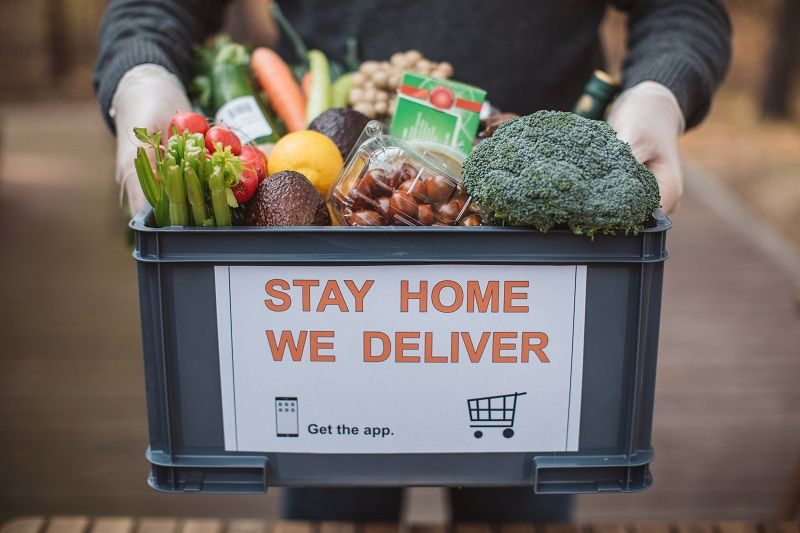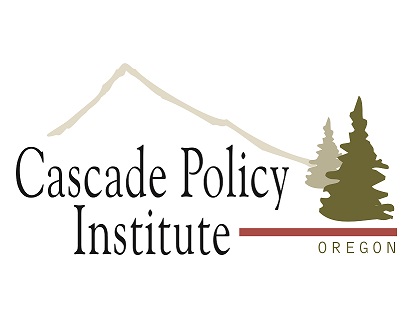

Biodiesel has hit center stage in the Northwest, and proposals for government support of the fledgling industry abound. With corporate subsidies everywhere, it’s easy to see why alternative fuel advocates would step up to the trough. But biodiesel really needs less “help” from the government, not more.
The biggest obstacle for biodiesel is an insufficient supply of vegetable oil. High petroleum diesel prices have already given farmers good incentive to grow and process oil crops to fuel their own equipment. What they need is the freedom to sell their excess product.
Fuel sales regulations — designed for high-polluting petroleum — provide undue obstacles for small-scale producers. Instead of profiting directly from fuel sales, farmers are expected to grow the crops to supply huge processing facilities that, for the most part, don’t even exist yet.
Essentially, the biodiesel industry is being built on the petroleum model, where there is no such thing as a small, independent producer. On this track, we’ll never realize the full potential of this domestic, renewable and incredibly simple fuel source. Biodiesel makes sense on so many levels that it doesn’t need to be propped up by the government; investors and customers are already flocking to the industry. A truly free market for biodiesel is the only missing ingredient.
© 2006, Cascade Policy Institute. All rights reserved. Permission to reprint in whole or in part is hereby granted, provided the author and Cascade Policy Institute are cited. Contact Cascade at (503) 242-0900 to arrange print or broadcast interviews on this topic. For more topics visit the QuickPoint! archive.











